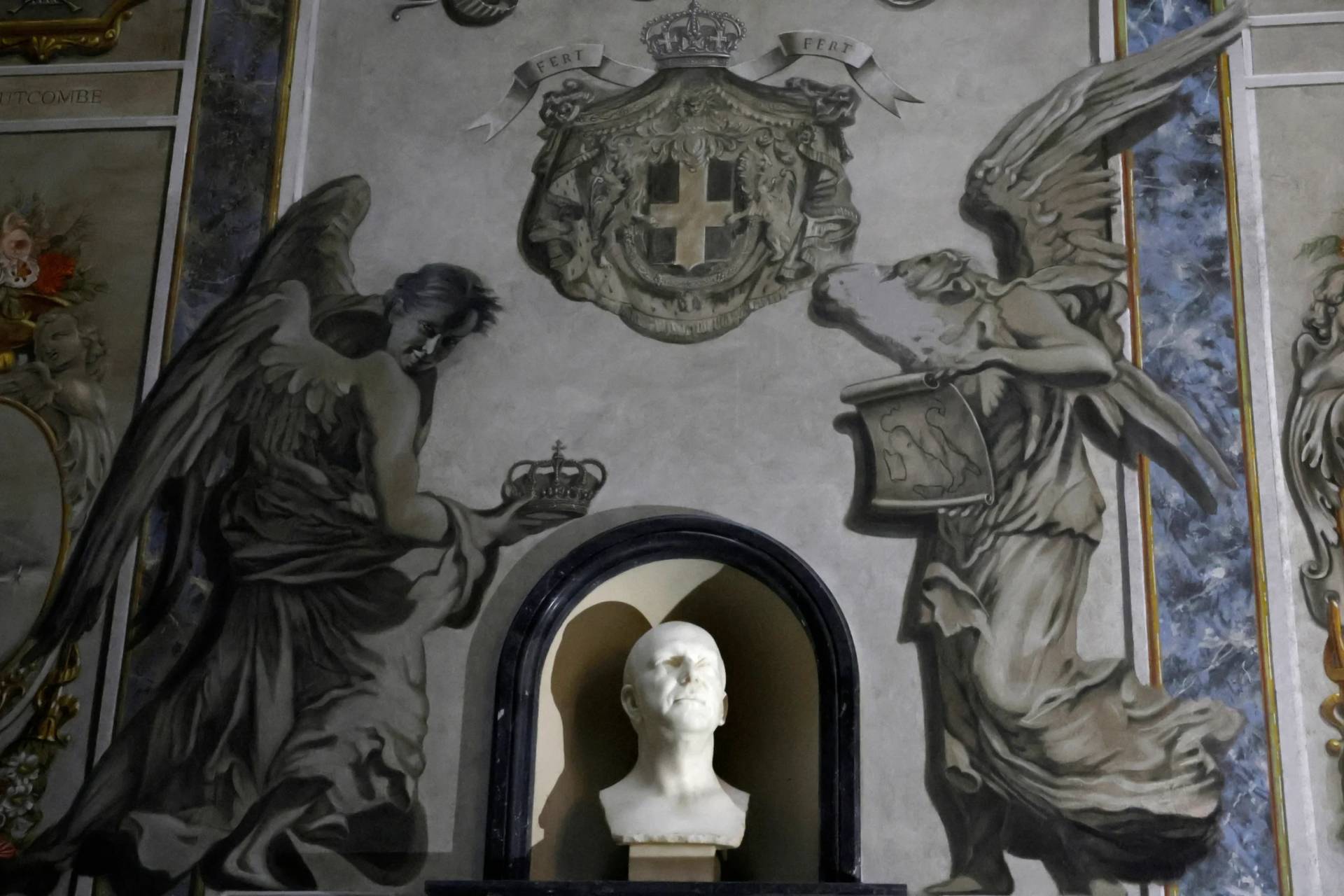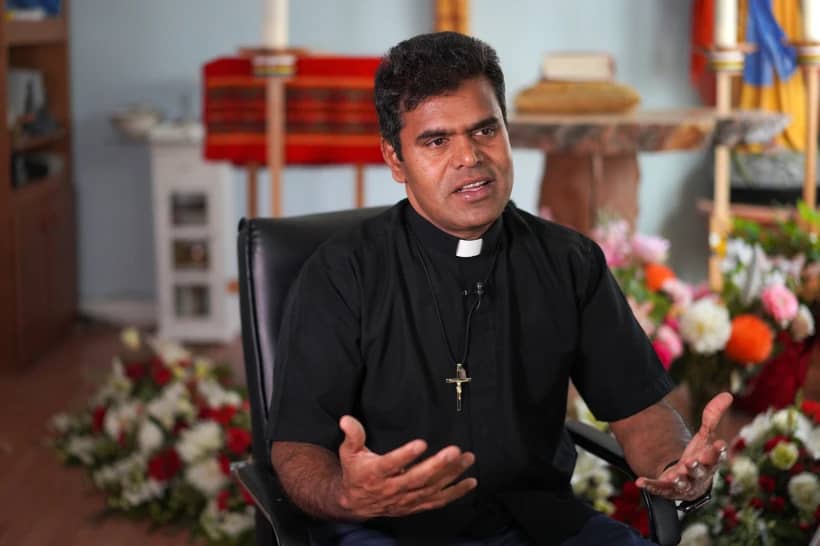SÃO PAULO – One day after lawmakers allied to former President Jair Bolsonaro occupied the Brazilian Congress to demonstrate against his house arrest, Catholic Congresswoman Simone Marquetto declared that “Brazil doesn’t want extremism anymore” and that politicians who follow God “must use their time to work on public policies for the people, not to fight against each other.”
Between Aug. 5-6, a number of members of the Congress staged a protest both in the Chamber of Deputies and in the Senate, impeding the regular works and sessions to go on. They spent the night inside the buildings and kept manifesting on the following day.
Many of them were seen with pieces of tape covering their mouths, in an allusion to what they see as a censorship imposed by the Supreme Court – especially by Justice Alexandre de Moraes – on Bolsonaro and his backers.
De Moraes is in charge of a trial involving Bolsonaro and dozens of Military officers and former members of his cabinet who were supposedly planning to stage a coup d’état at the end of 2022, after he was electorally defeated by President Luiz Inácio Lula da Silva. A federal police inquiry disclosed that the group even had conspired to kidnap and kill Lula, Vice President Geraldo Alckmin and de Moraes.
Over the past few weeks, a number of precautionary measures have been applied against Bolsonaro. He was first ordered by de Moraes to wear an ankle bracelet. On Aug. 3, demonstrations were held by his backers in Rio de Janeiro, São Paulo and other cities.
Messages recorded by him on the phone were played during the protests, something that was received by de Moraes as a repeated attempt to embarrass the Supreme Court. On Aug. 4, his house arrest was decreed.
The escalating dispute also involves the United States government. Congressman Eduardo Bolsonaro, the former President’s son, took a license from Congress and moved to the United States, where he says he’s struggling for his father’s rights and for Brazilian democracy.
With long-time ties with President Donald Trump and members of his entourage, Eduardo Bolsonaro was apparently influential in Trump’s decision of imposing a 50 percent tariff on Brazilian exports. Trump said in a letter to Lula and on social media that such a measure was not only based on trade, but was also a form of pressure on the Brazilian state against the lawsuit Bolsonaro is facing.
The tariff excludes some of the most important items exported by Brazil, like airplanes and orange juice. But many others, like coffee, are on the list.
The protest by the members of Congress was received with criticism by many in Brazil. Congresswoman Marquetto, a major member of the Catholic bloc in the Chamber of Deputies, disliked the demonstration.
“I think it crossed the line. They used the word of God, but that’s not how God acts,” she told Crux, in a reference to Christian members of the Bolsonarist bloc who took part in the protest.
According to Marquetto, most of the members of the Catholic bloc “have already understood that extremism and radicalism are not working.”
“Brazilian politics became a war of narratives. A dispute over who ‘kills it’ on social media,” she said.
Despite that, a few Catholic Congress members, like Eros Biondini, keep defending Bolsonaro on social media and criticizing the Supreme Court.
In Marquetto’s opinion, the right way of struggling for the Brazilian people is by suggesting public policies.
“We’re not talking about Brazil anymore. We’re only talking about two characters, Lula and Bolsonaro,” she argued.
Marquetto said that the left-wing has always had values that go against Catholicism, so “a right-wing leader [Bolsonaro] emerged.”
“But that leader forgot about public policies for the people and lost the elections. The unbalance and the cry for radicalism made him lose everything,” she continued, adding that Brazilians “lung for normalcy and need a pacifying leader.”
She criticized Eduardo Bolsonaro for his request of a US intervention in Brazil, “something that is harmful for us,” and Lula, for his criticism of the United States.
“And extremism is also coming from there [the Trump administration],” she added.
Marquetto said she and other Congress members have been having talks with U.S. business leaders, who have also been requesting the tariff to be suspended.
“One of the companies making pressure for it is Starbucks,” she said.
For Marquetto, a new political movement, with a third-party candidate, may emerge from the current discontent of Brazilians.
“The current situation is bad for everybody. I think people are tired of all that. The new president [Brazil will hold general elections next year] must have the power to pacify the country,” she said.















